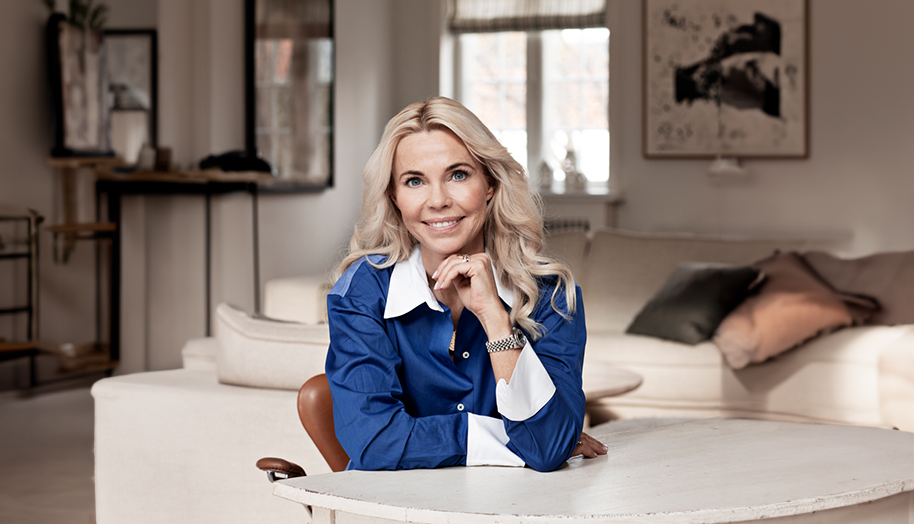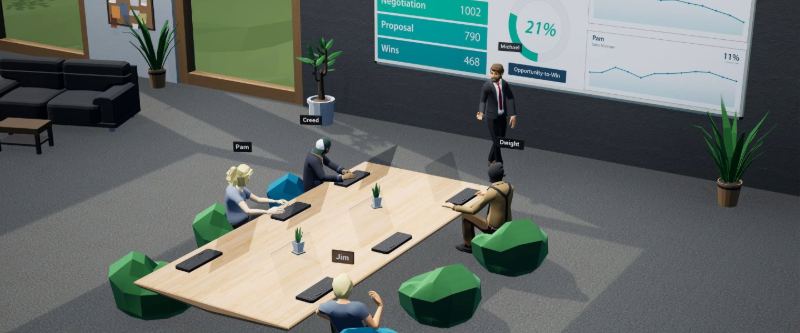Here are 5 questions you can ask yourself, to help initiate activities that will support this:
- Have you (re) created your “safe space”?
If you are working in an office that you haven’t seen for a year you might want to add things that help you relax and make you feel good: plants, photos of loved ones or pets, or your personal favorite mug. Make an effort to eat lunch with colleagues you already know so that you feel safe and among friends. Engage in office chatter again.
- Are you helping your colleagues?
I need a break – or even more importantly: “you need a break”. In the military you call this “to command sleep”. We are predisposed to thinking about leadership as commanding action – doing something.
However, battle psychology tells us that “commanding inaction” – rest, skipping a routine, staying put – is just as important.
You become stronger by helping others. From battle psych we know that those soldiers who do best help their friends. So, try to think of something that would be helpful to your colleagues. For instance, call five colleagues and have a 10-minute conversation with each about their wellbeing – asking not‘ are you OK?’ but ‘are you really OK?’
- Find and visit your sanctuary
Leading through a crisis you need a sanctuary where you can reflect, re-energize and recalibrate.
It’s about connecting with the activities, relationships and hobbies that give you pure joy and energy and allowing others space for the same.
Sometimes those sanctuaries are the first we give up under pressure. In NATO units it was mandatory to exercise and especially during crises.
- Are you dealing with survivors’ guilt?
Feelings of guilt are very common right now based on questions such as: Why didn’t I get sick? Why did I keep my job when others didn’t? You may even end up believing that your actions, or inability to act, led to someone else’s distress.
Don’t try to deny that the feeling of guilt is there. Instead ask yourself: Is the amount of responsibility I am assuming reasonable? Could I really have prevented layoffs? Did I do my best at the time, under the circumstances?
- Are you moving your body?
It’s so obvious yet so often neglected and so powerful: reconnect with your exercise regime if you haven’t done so. Start slowly to ease yourself into a new rhythm.
Remember, healing doesn’t mean that you’ll forget all about the pandemic. And it doesn’t mean you’ll have no regrets. What it does mean is that you’ll come to see the part you played in perspective.





